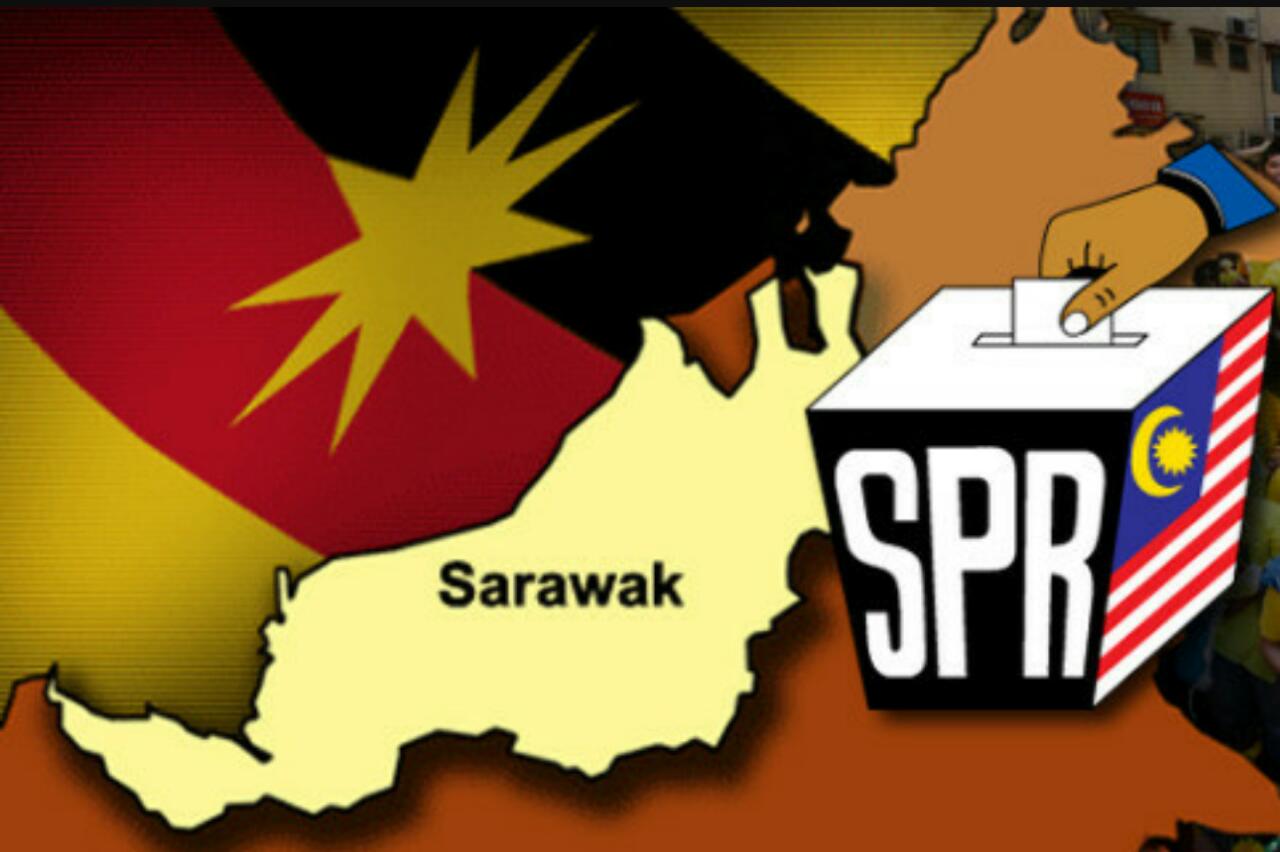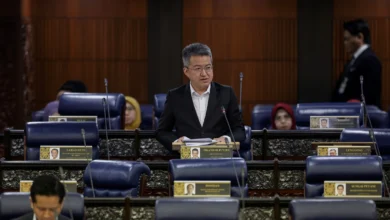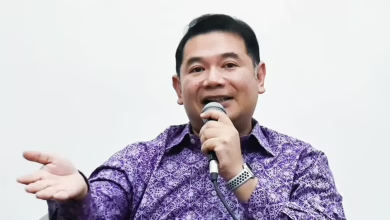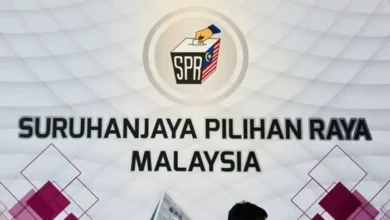Emergency may push back Sarawak elections deadline, says lawyer

PETALING JAYA: The deadline for the Sarawak state assembly elections, due by August, may be pushed back to October, according to a human rights lawyer.
Simon Siah said the suspension of state assembly sittings meant the Sarawak legislature could not be dissolved until the emergency was lifted.
“This means that the existing mandate of state assembly members will continue to be in effect until Aug 1, when the emergency is scheduled to be lifted.”
By law, elections must be held 60 days after the legislature’s term expires. The Sarawak assembly’s term expires on June 6, and elections must be held by Aug 6.
Should the emergency be lifted only on Aug 1, the assembly could be dissolved at that time, which would mean elections must take place by Oct 1.
Siah said Sarawak government leaders must ensure the state’s rights are not eroded during the state of emergency. Under a state of emergency, the state could not introduce any new law, as the state assembly has been suspended, and the power to promulgate laws rested solely with the Yang di-Pertuan Agong.
“What the state can do is advise the King (through consultation with the prime minister and the Cabinet) to introduce a law for the state if it sees the need for this.”
He said Sarawak leaders in the government are the ones who can safeguard the state’s rights and interests. The federal and state governments should both explain every decision they made that affected the people. They should be transparent on major decisions, particularly those involving public funds, he said.
He reminded state leaders that when a state of emergency was last declared in Sarawak in 1966, it led to the removal of the chief minister, Stephen Kalong Ningkan.
Ningkan had sought to dissolve the state assembly for fresh elections after a political crisis. His attempt failed when the federal government declared a state of emergency, which led to the Sarawak governor calling for a state assembly sitting in which a vote of no-confidence in Ningkan was passed.
“The manner of Ningkan’s removal was questionable. It is one of the wide-ranging effects of an emergency. The erosion of rights during an emergency is always a concern, though I don’t foresee something like this happening this time around.






You must be logged in to post a comment.